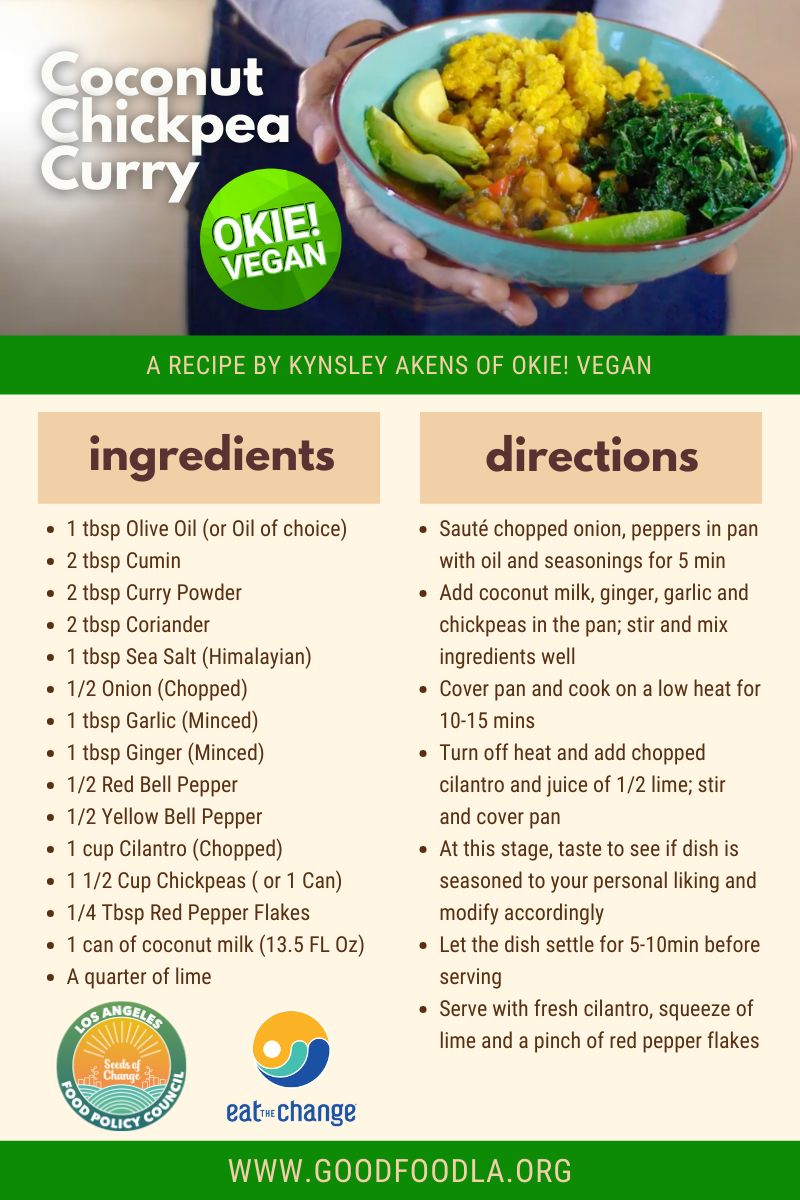COMMUNITY CHEFS LA: Fast Vegan with OKIE! VEGAN
Kynsley of OKIE! VEGAN is cooking from Willowbrook in South Los Angeles! Kynsley demonstrates “vegan fast cooking” through this inspiring story of ways good food nourishes our bodies by energizing us to be productive. We learn ways to make healthy convenient food with some delicious coconut chickpea curry served over quinoa. Key ingredients are: We need to be mindful and creative. Re-create this dish using the recipe below! This video also features On the Go LA, a food truck company that supports local chefs by popping up across LA! Check out their route on their Instagram! Read more about this Community Chefs LA story below!
Meet Kynsley
OKIE! VEGAN is a spirited plant-based initiative created by Kynsley Akens to directly combat the issue of food deserts in the greater Los Angeles area. As more communities have expressed a need for healthier options, Kynsley stays committed to promoting health and wellness by offering fresh, organic and vegan meals in underserved communities.
“A lot of our work is directly in the community. We are a vegan pop-up focused on making plant-based eating accessible. We don’t shame or condemn people for eating meat. We exist to create awareness and offer people an option, and an alternative to what the fast-food industry distributes to our communities everyday. We want people to thrive from the inside out.”—Kynsley Akens of OKIE! VEGAN in VoyageLA
What Is Plant-Based Eating?
Plant-based eating focuses on fruits and vegetables. People may adopt plant-based eating for health, religious, environmental, or other personal reasons. Other terms that may be used included plant-forward to describe eating more plants and less meat. Vegetarianism is the practice of not eating meat, but diets may still include animal products like dairy, eggs, and honey. Those who do not eat meat or any animal products practice veganism. In the video, Kynsley talks about eating a “power meal”, which is made with the right foods to “satiate” or make us feel full. For plant-based eating, these foods include protein-rich items like beans, nuts, seeds, whole grains and leafy greens.
Foods To Explore
Curry powder is a mix of spices containing key ingredients like turmeric (that’s where the yellow color comes from!), coriander, cumin, clove, pepper, chili, and ginger. Curries can be vary in space levels, ranging from mild to hot levels. The curry powders found in most grocery stores are commerical blends of spice mixes that date back 4,000 years to the Indian subcontinent. Curry powders are the commerialization of “garam masala”, from garam ("hot") and masala (spice mixture). Garam masala are popular in Indian, Bangladeshi, Nepalese, Pakistani, and Afghan cuisines.
Quinoa is a grain that originate from the Andean region of northwestern South America. They have many nutrients including protein, B vitamins, and minerals.
Chickpeas are also popularly known as garbanzo beans. They are one of the earliest cultivated legumes. In fact, 7,500-year-old chickpeas have been found in the Middle East!
Kale is a cruciferous vegetable, meaning they are related to cabbage! Other relatives include broccoli, cauliflower, collard greens and Brussels sprouts. Kale leaves can be green or purple, and have either a smooth or curly shape. There’s even a varietal from Tuscany, Italy called lacinato kale that many call “dinosaur kale” for its bumpy reptile-like texture.
Concepts To Know
Mindful eating is taking the time to think and reflect about what you are eating and how it makes you feel.
Eating the rainbow means to include different-colored fruits and vegetables in all of our meals. Plants contain different colors, known as phytonutrients. Different-colored plants are connected to different nutrients and health benefits.
Convenient foods are also known as “fast foods” or food that take little time to get. Kynsley teaches us that eating our vegetables doesn’t have to be inconvenient!
Processed foods are food items that have been transformed into other foods by adding other ingredients and making a product. There are different degrees of processed foods. For instance, “highly” processed foods are often considered junk food items.
Food marketing attracts consumers to buy products and to adopt behavior to want those products. There are marketing techniques that speak to specific groups based on age, gender, geography, and other characteristics. Techniques may include cartoons, celebrities, games, and even mirroring lifestyles such as the image of convienence or being organized.
Food desert, food swamps, and food apartheid, what’s the difference? “Food apartheid speaks to the systemic inequities around food, while food desert and foods swamps speak to the characteristics. In communities like South L.A., food swamps and food deserts coexist: you get a lack of fresh fruits and vegetables (food desert), but you also get overloaded with fast food restaurants (food swamps). Food apartheid speaks to the racial injustice of our food system. Disproportionate rates of obesity, diabetes, hypertension, and chronic illnesses in communities of color are just a few of the outcomes of food apartheid.” (Source: Womanly Magazine Interview with Christine Tran, LAFPC Executive Director)
Food For Thought
Kynsley talks about the “Cycle of Goodness” and demonstrates mindful eating. By connecting what we eat and how we feel, we can ask important questions about our health and well-being. How does your eating affect your energy? What types of food give you good energy? What are some creative ways to “eat the rainbow”?
“Everything that is grown in good sprit and eaten in good spirt manifests itself into being something great! It’s a cycle of goodness—you eat good and it comes out good! You can share that goodness with other people.”
—Kynsley Akens of OKIE! VEGAN
Cook With CalFresh & WIC!
Did you know meals these this can be made from ingredients purchased with CalFresh and WIC dollars at participating grocery stores, corner stores, and Farmers Markets. Check out ways to enroll here.
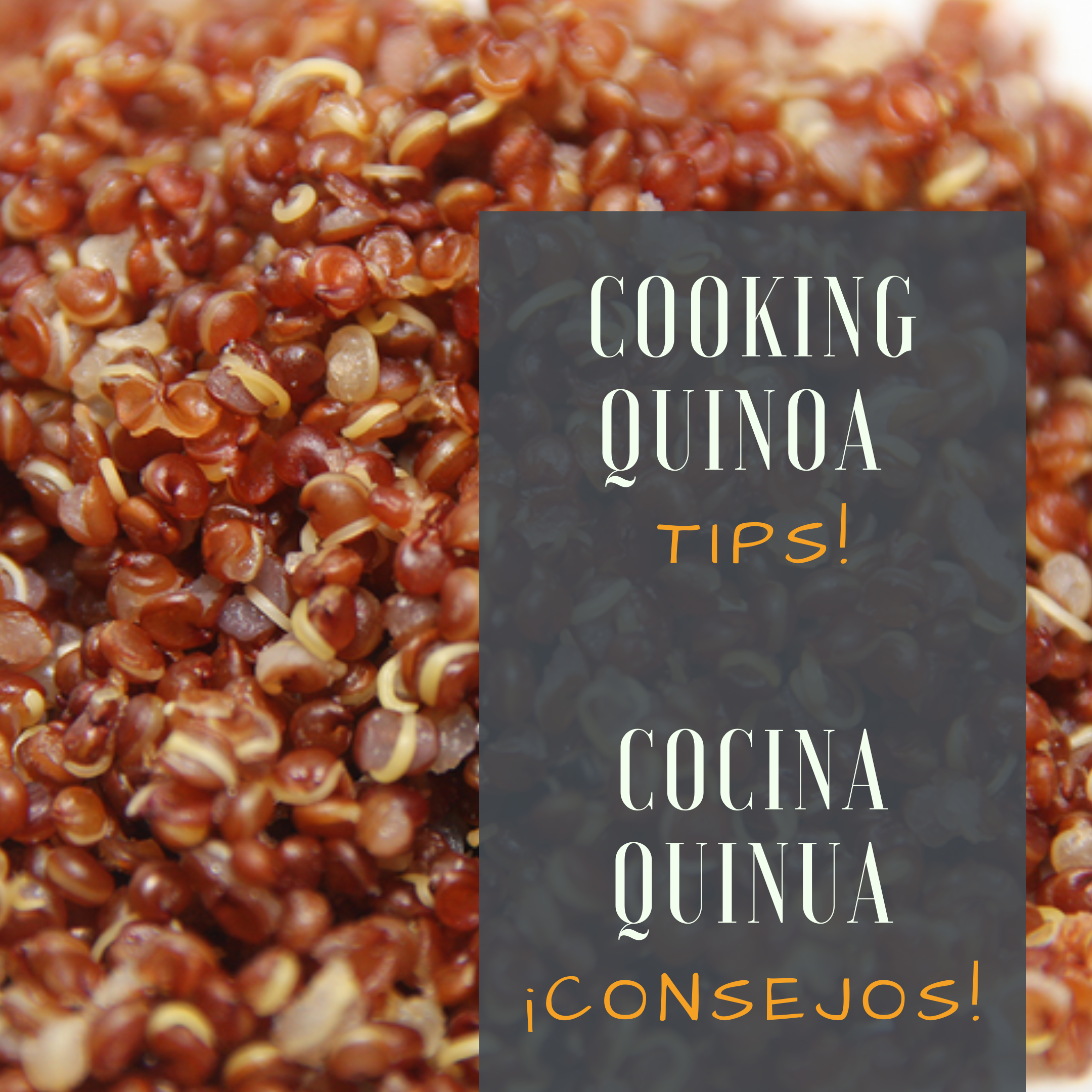
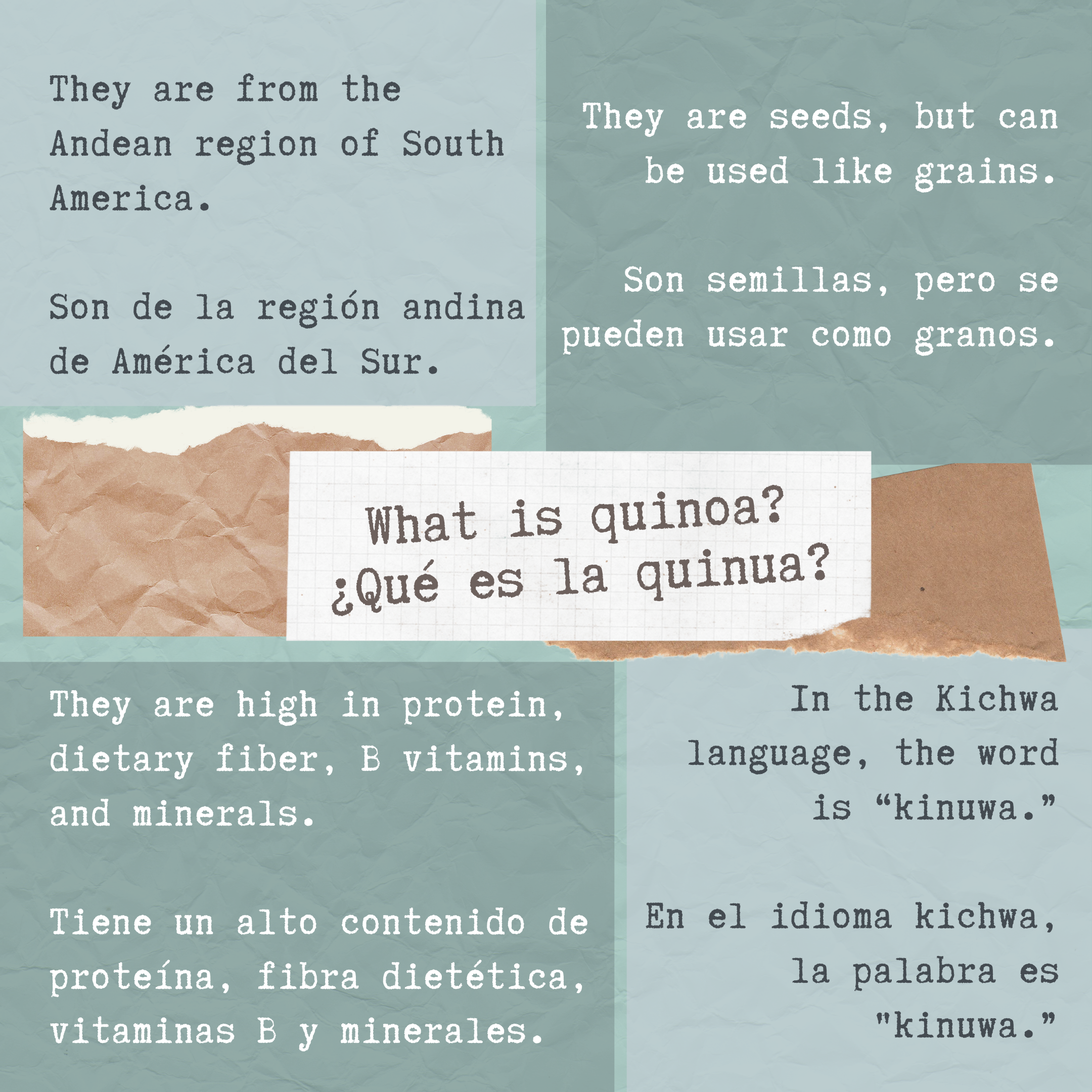
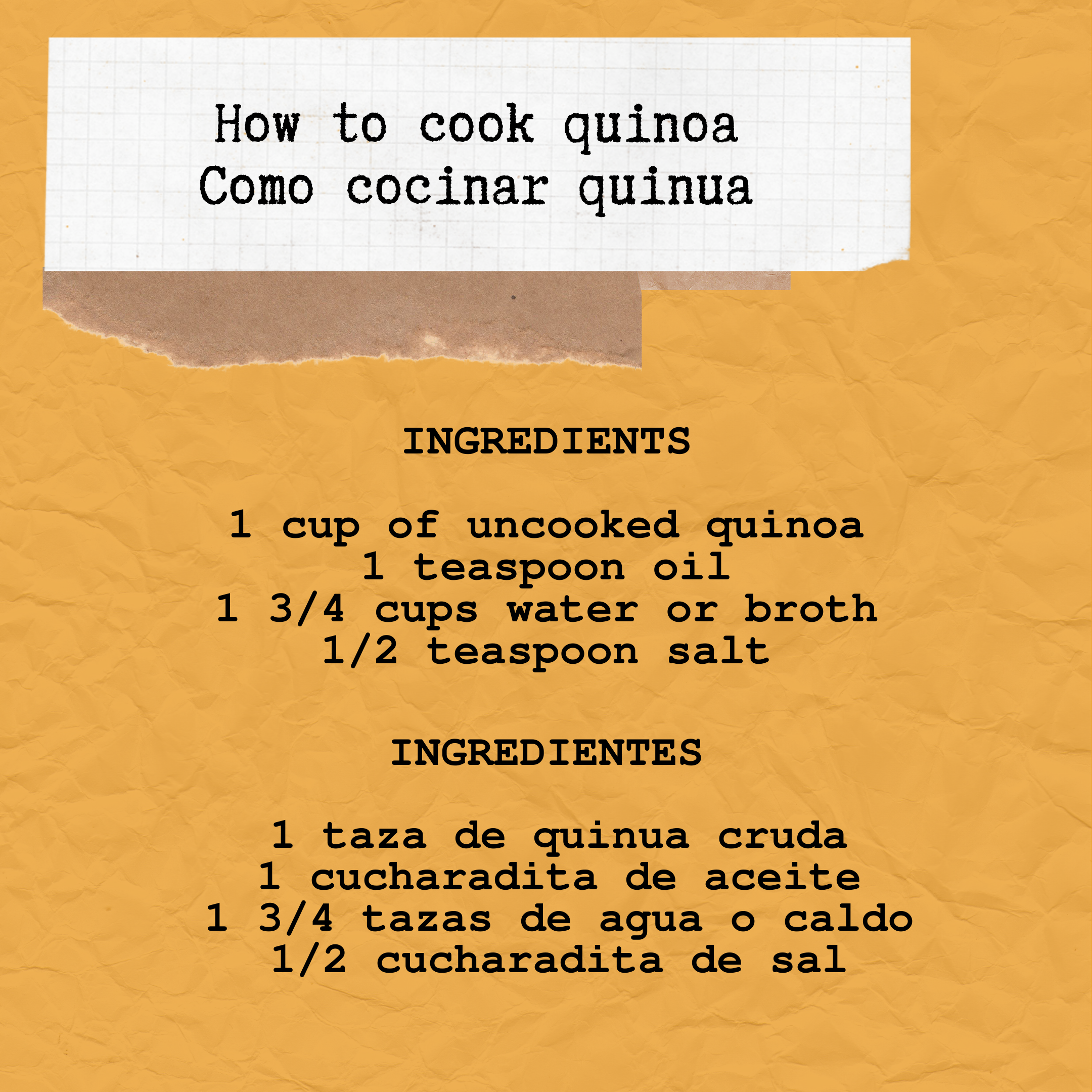
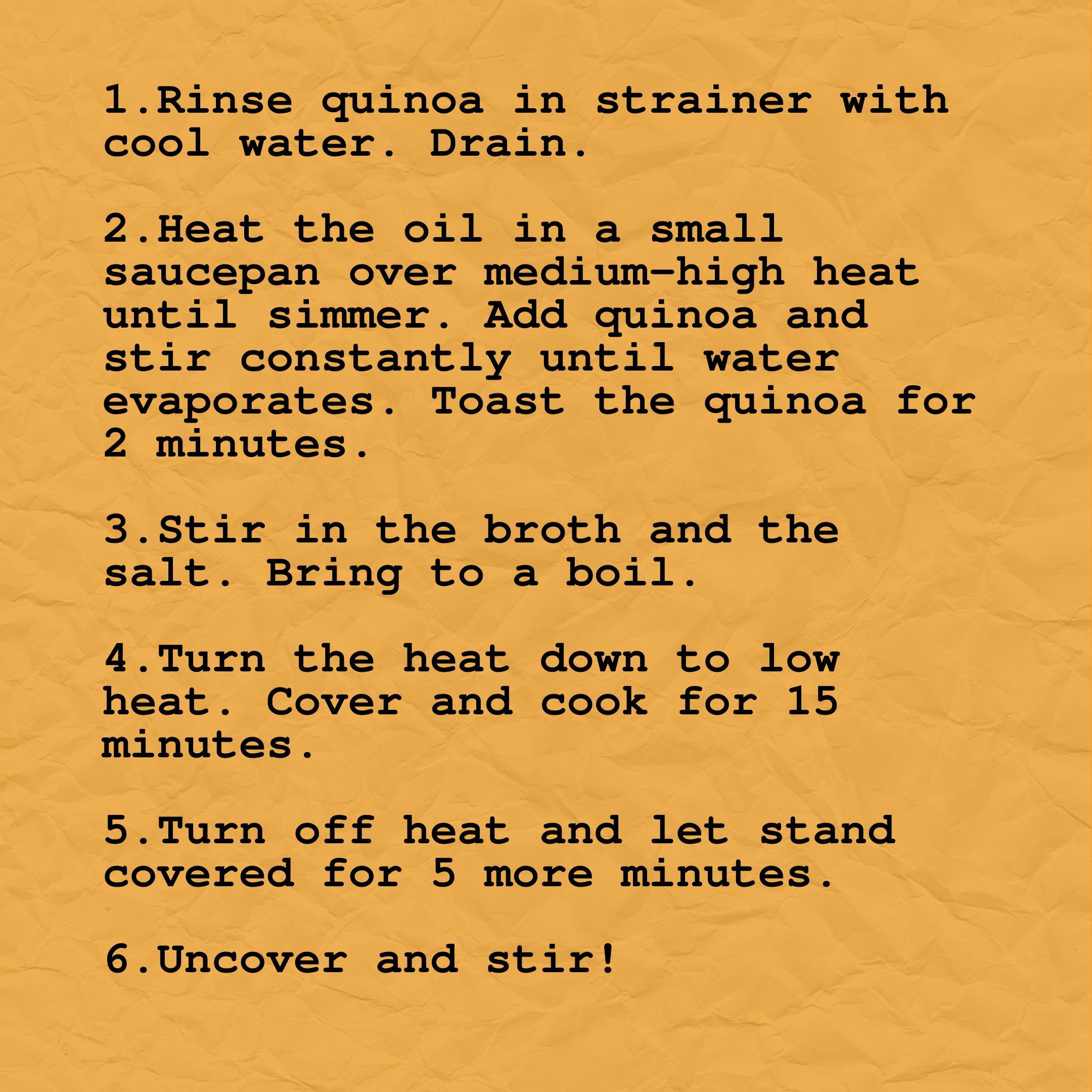
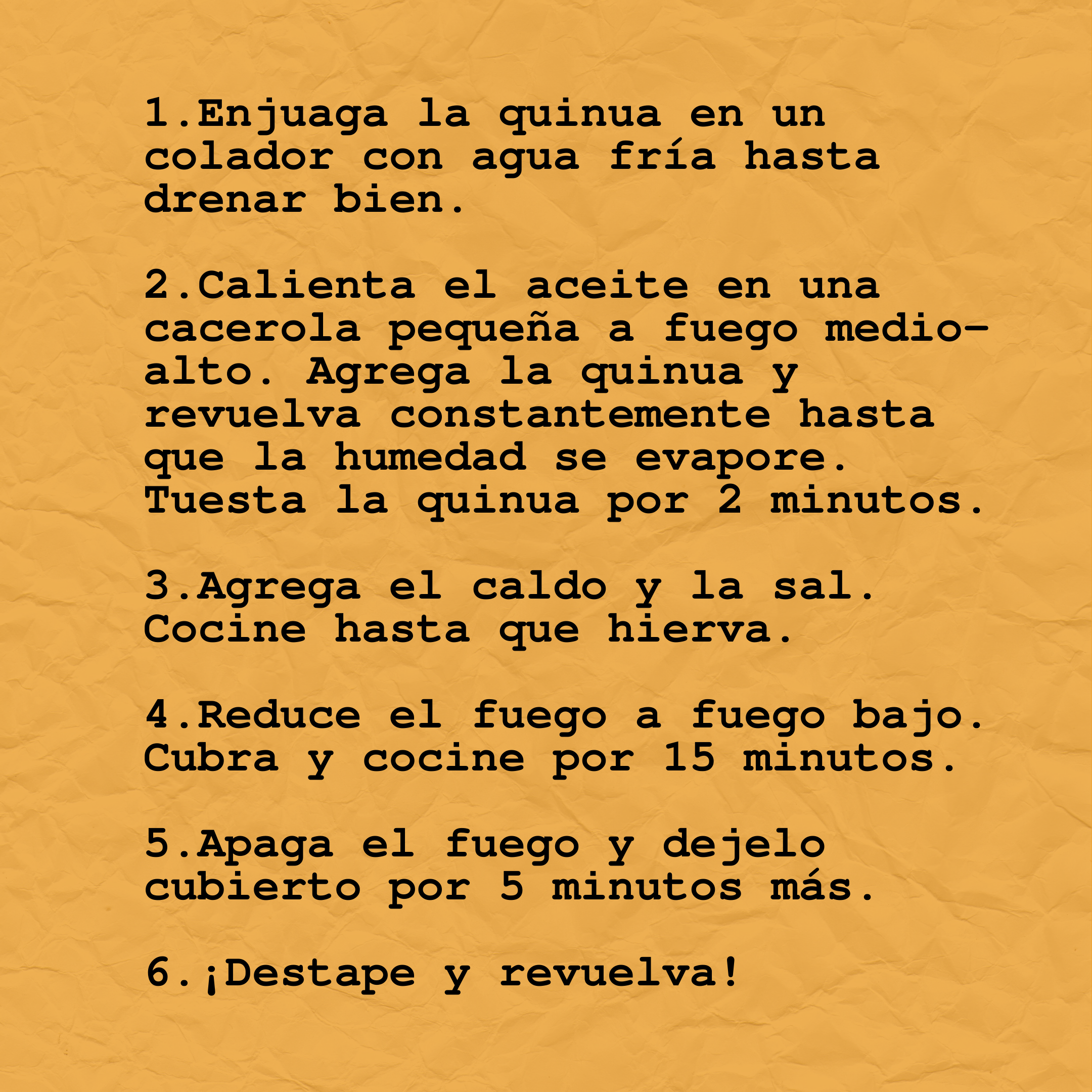
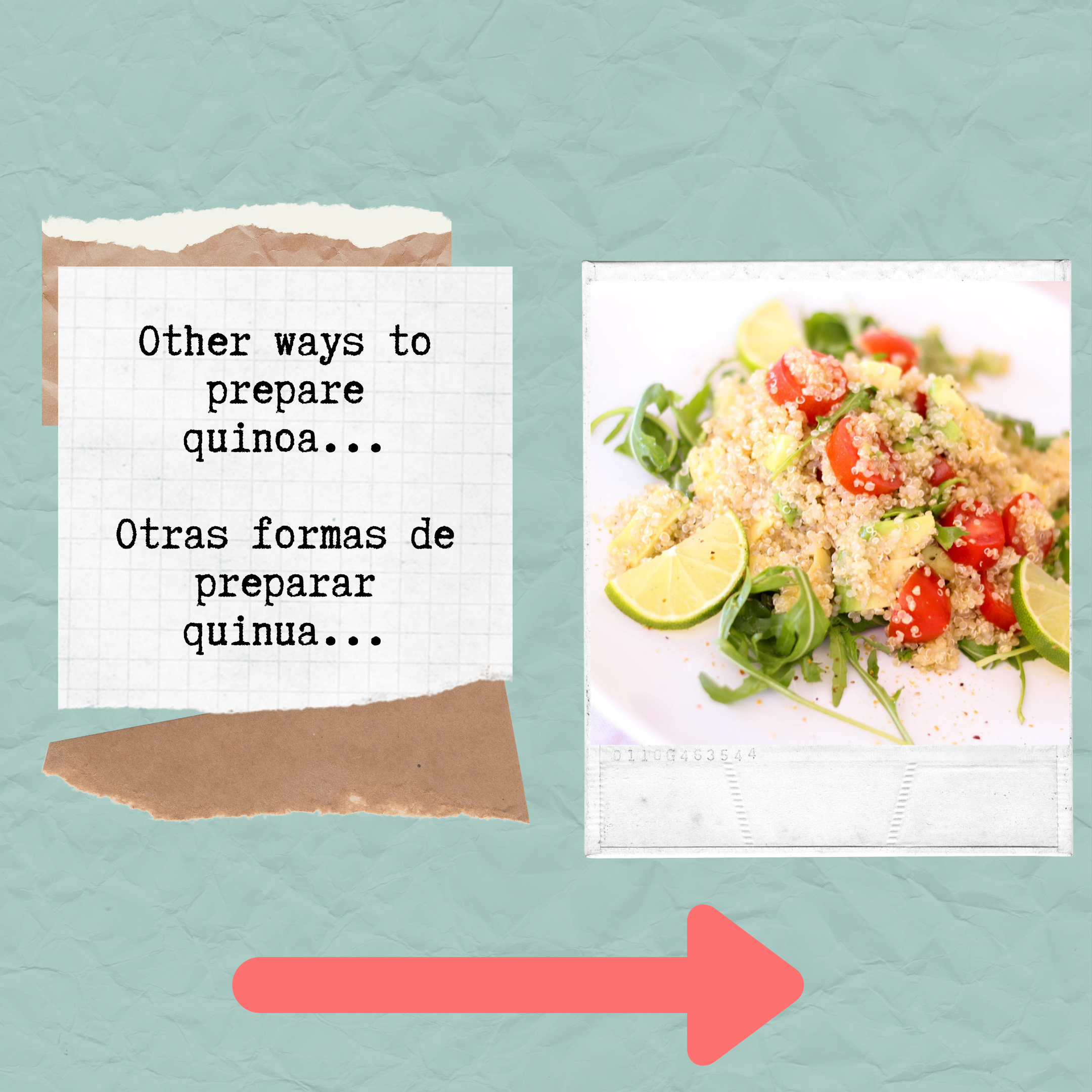
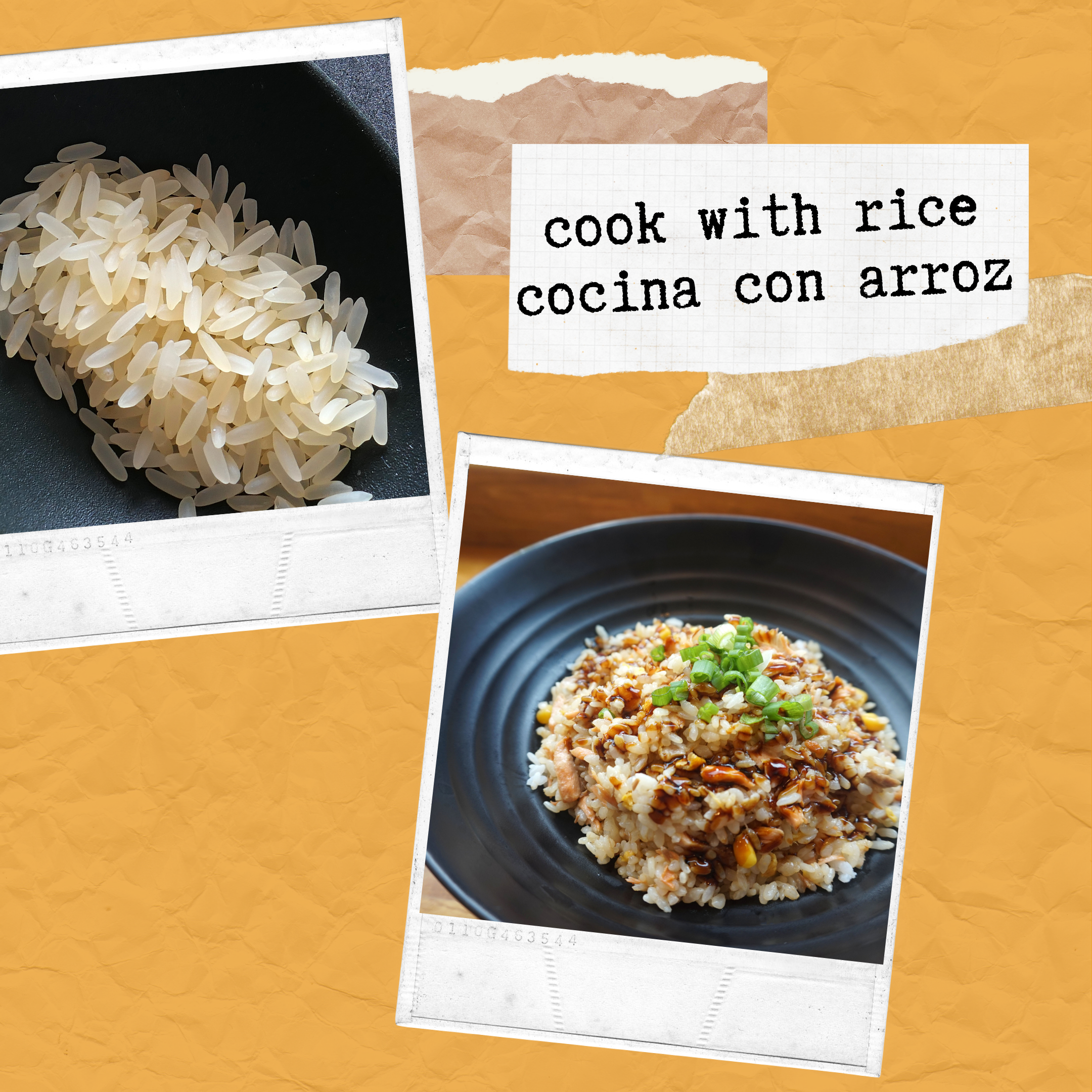
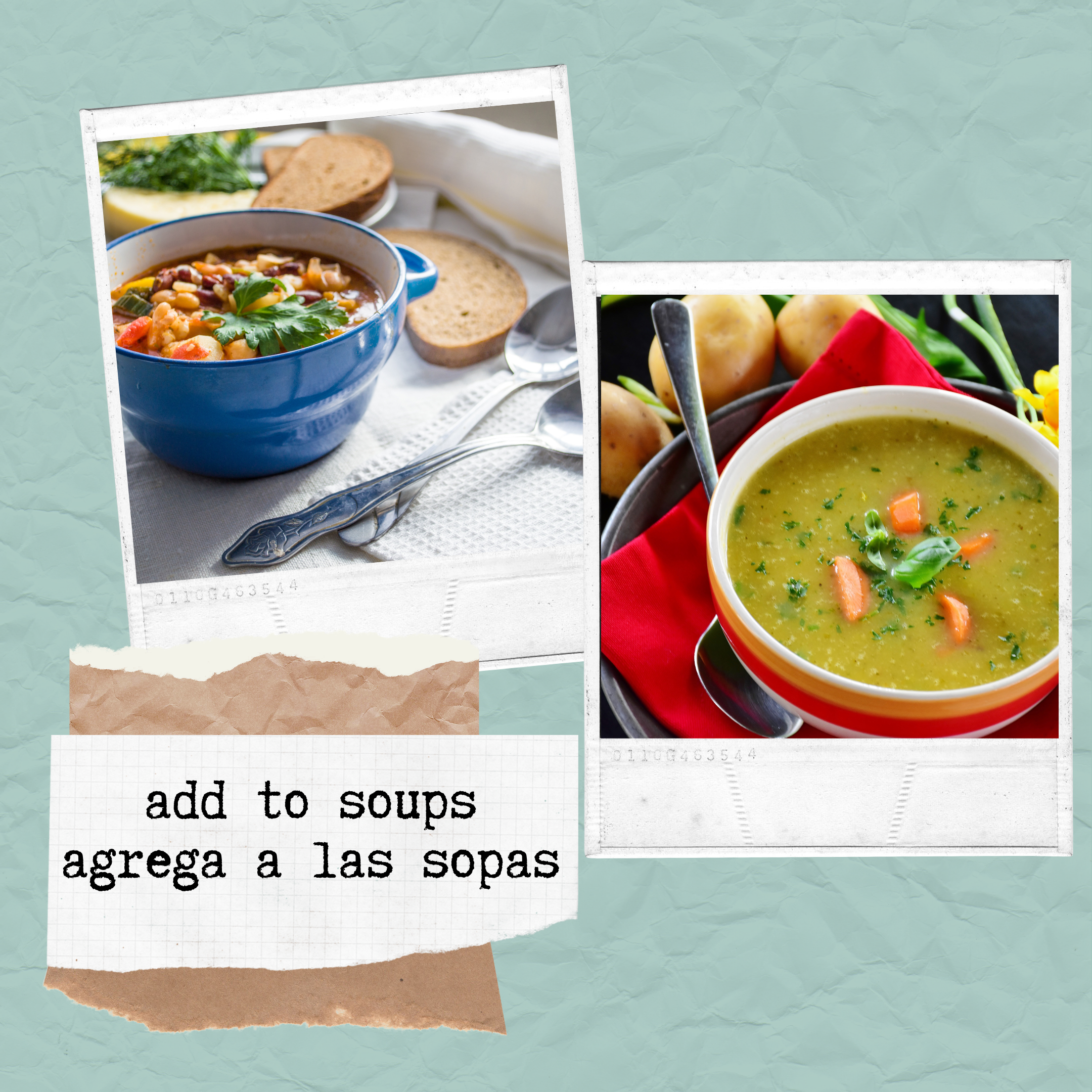
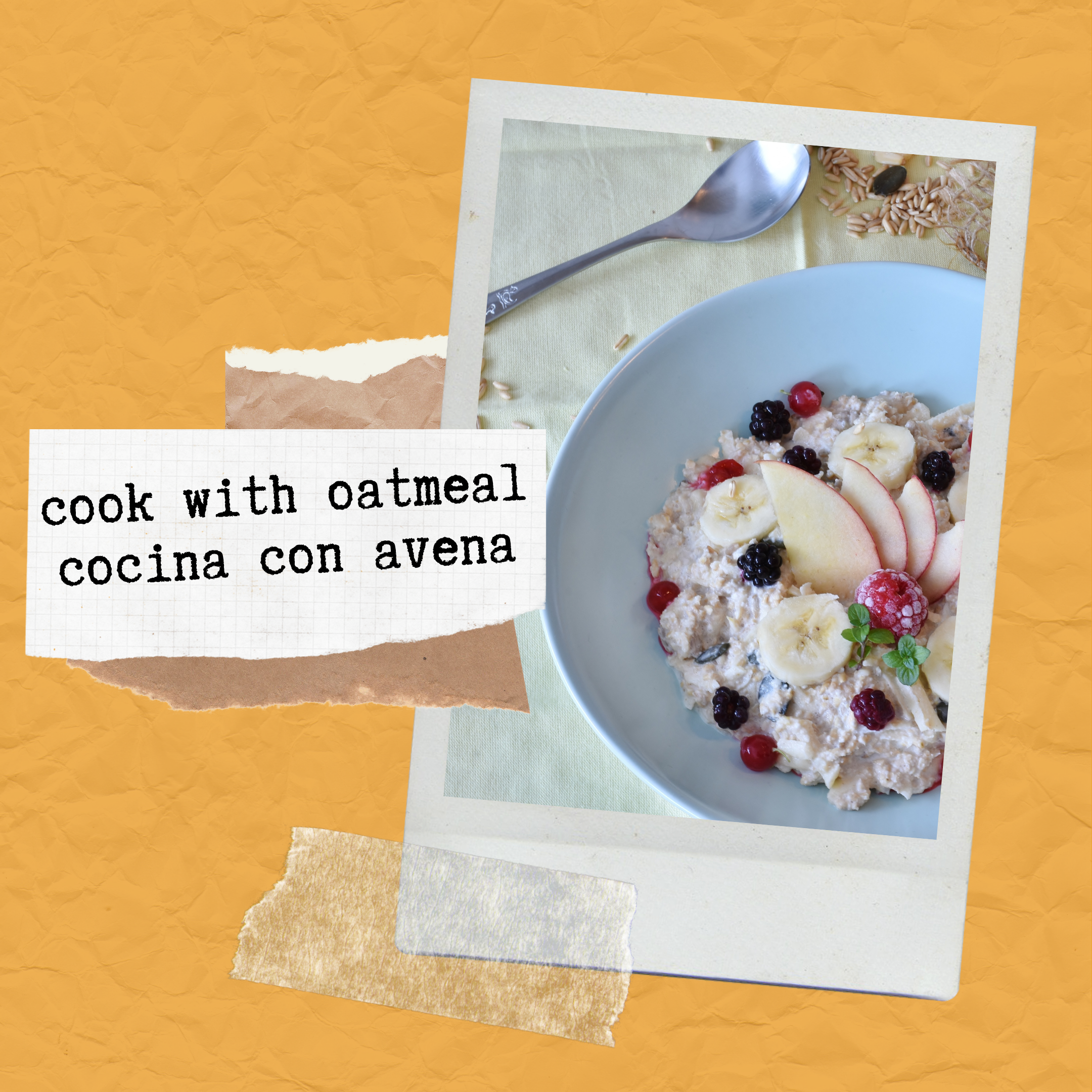
Community Chefs LA was launched with the support of ETC IMPACT, a grant program working to promote and expand access to climate-friendly foods.
Support The LA Food Policy Council!
It’s a difficult time for many nonprofits, including us. To support Good Food work and spark Good Food dialogues, check out our campaign called Seeds of Change LA! You can:
MAKE A ONE-TIME DONATION at any amount
SUBSCRIBE AT $30 PER MONTH, to support LAFPC, our Good Food partners, and provide seeds to community & school gardens!

